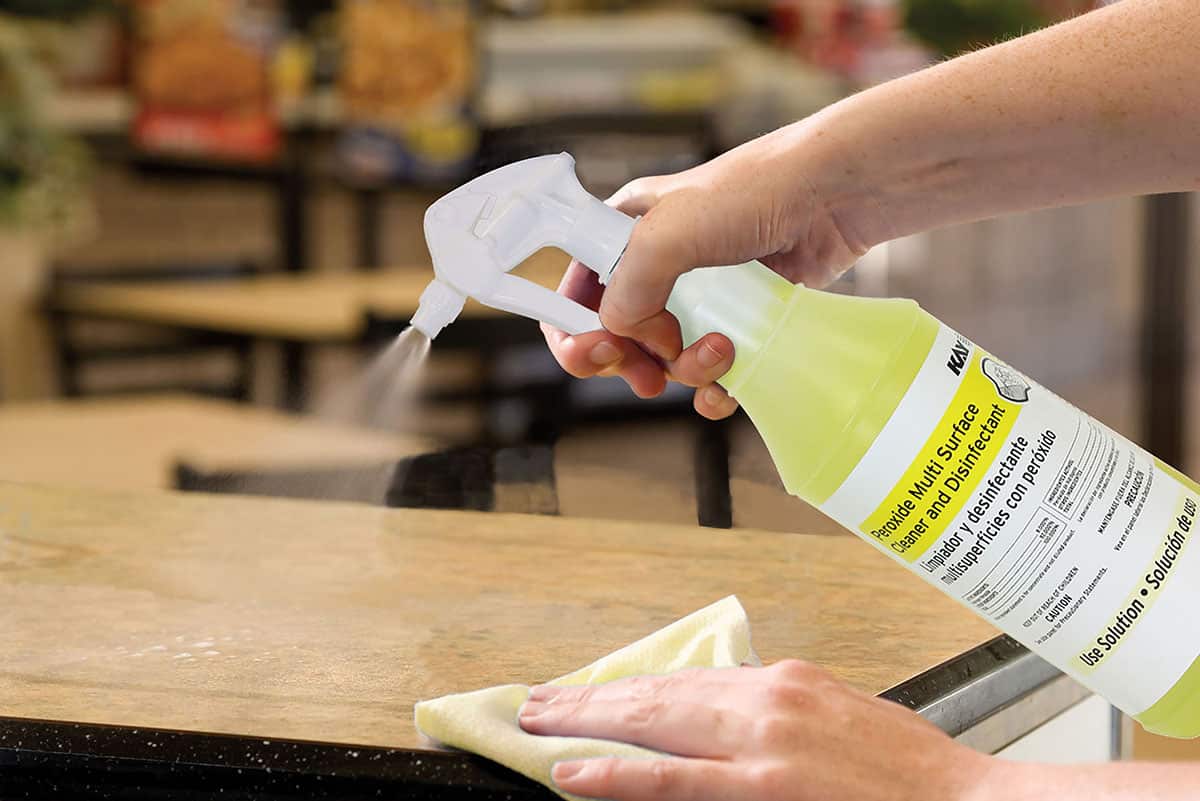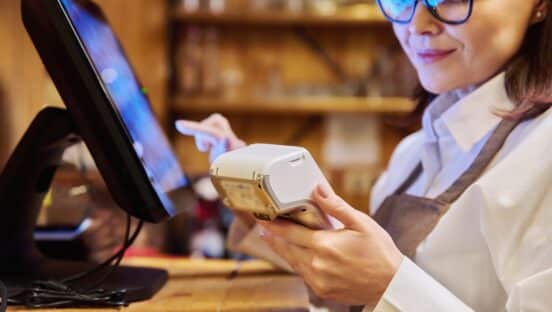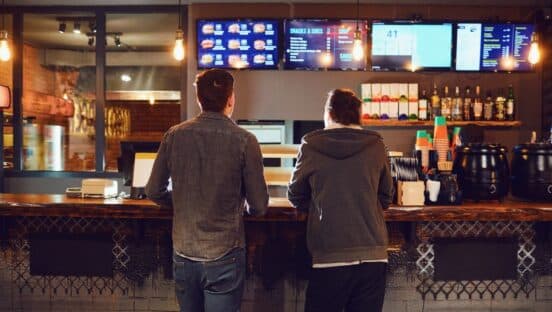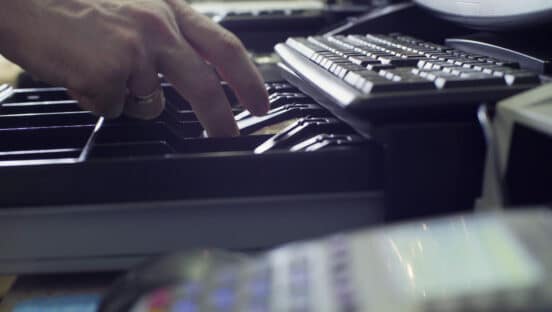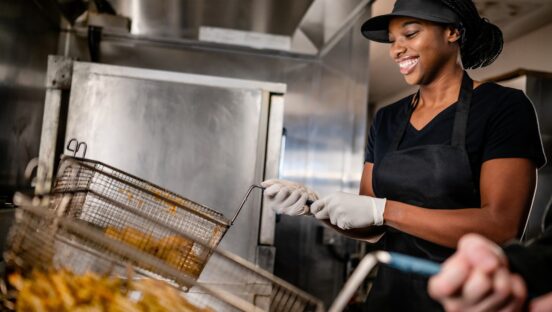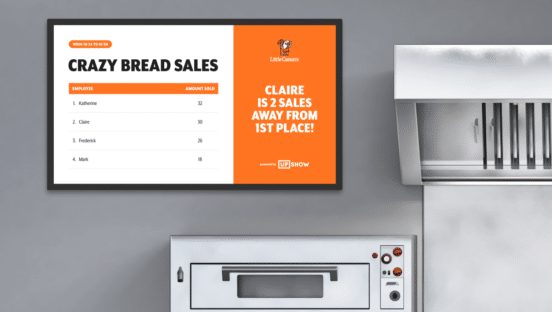Maybe quick-service operators were hoping that, two years into a pandemic, all of this would have blown over by now. Many asked when the “new normal” would be here. But with COVID-19 infections reaching all-time highs across the U.S. at the beginning of 2022, it’s clear that the average American consumer is as concerned as they ever were about the virus.
Consider that, in 2021, Ecolab funded a “Post-Vaccine Consumer Attitude Study” survey which found that 95 percent of consumers wanted to see businesses keeping their space as clean or more clean than they were at the height of the pandemic. In other words, no matter how cases trend in the future, consumers and diners have a heightened sense of health and sanitation practices that are here to stay.
“Diners still want to feel confident the brand is committed to advancing cleaner, safer practices,” says Mandy Sedlak, senior manager of food safety and public health at Ecolab. “They want to feel comfortable, enjoy their dining experience, and let restaurants take care of everything else.”
The challenge for operators and brands then becomes how to communicate cleanliness to customers. Historically, maybe this has meant hourly cleanings of the dining room, or bathrooms. But Ecolab rolled out Ecolab Science Certified with the intention of helping restaurants maintain careful attention to detail when it comes to disinfecting high-touch areas and surfaces, giving restaurants a great way to showcase their commitment to creating a cleaner, safer place to dine.
“Ecolab Science Certified is a program that acknowledges a brand’s commitment to science-based products and protocols,” Sedlak says. “The program requires that a brand implement and utilize solutions to properly clean and sanitize food contact and non-food contact surfaces, all backed by science for a clean that consumers can have confidence in.”
According to Sedlak, Ecolab Science Certified includes effective lab-tested products, comprehensive practices and a focus on training, compliance and auditing to help brands advance cleaner, safer practices over time. If a restaurant meets rigorous program criteria, an Ecolab Science Certified seal is put on the front door as a way to communicate to guests that they are committed to “delivering a higher level of cleanliness and being periodically audited by trained Ecolab specialists focused on public health and food safety.”
To help ensure the seal means something to consumers, Ecolab rolled out a comprehensive marketing campaign last year to help communicate exactly what the seal represents. Awareness has grown, and customers are listening, Sedlak says.
“Ultimately, guests have higher expectations, and the Ecolab Science Certified program allows brands and guests to speak the same language,” Sedlak says. “Guests understand that participating restaurants have practices in place to help them feel comfortable and confident, and then the restaurants get credit for doing their part to foster a cleaner and safer environment, taking the worry off of diners’ plates so that they can enjoy their dining experience.”
For more on Ecolab Science Certified and how to earn the seal, visit Ecolab’s website.

